
The Last of Us Part II (PS4) - Review
by Lee Mehr , posted on 07 July 2020 / 12,606 Views[Reviewer's Note: Due to what I found to be overbearing NDA rules for a review code, my thoughts on this game will be more expansive than what's been discussed across most outlets. That isn't to say this review is heavy in SPOILERS (except for the first game's ending); only that some understated story details may be things you wish to discover for yourself. Discretion is advised.]
It goes without saying that The Last of Us Part II is among the most anticipated sequels of this generation. After cleaning up on critical & commercial praise during 2013, all it would take to hear ecstatic crowd cheers would be a Firefly insignia painted on a stop sign. As someone who considers The Last of Us and subsequent Left Behind expansion to be among Naughty Dog's best work, I was sold on wherever they wished to take it. The direction towards examining hate, as initially described by creative director Neil Druckmann, does lead Part II to creative and brazen avenues, but the execution leaves me something to be desired.
The real-world-inspired Cordyceps rages across the world, leaving anyone vulnerable to becoming infected with a simple bite, scratch, or the inhalation of spores. You play as Ellie, an immune girl who left a Firefly medical hospital with her adoptive father, Joel, under troubling circumstances at the end of the first game. Both have settled in Jackson, Wyoming since the event. Now, several years later, a heinous act inspires Ellie to seek retribution, along with several other side characters. Players also control a new character named Abby, whose actions are melded in with Part II's central themes.
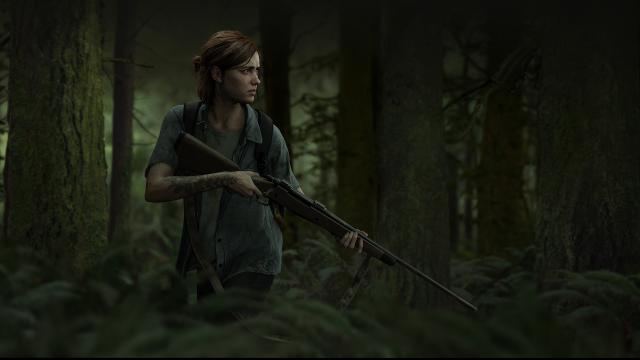
If I could bottle my thoughts about this sequel's narrative it'd be this: thematically poignant and narratively lopsided.
The opening scene works brilliantly in setting the stage. Joel talking with his brother Tommy about what he's done accomplishes two things: gives context to the audience about The Last of Us' protagonist and sets him up for examination. What could've easily been a safe Joel 'n Ellie journey with an Uncharted-like ending is instead interested in examining the cycle of violence in gruesome detail. No character is truly safe from their actions, and the way this is depicted through Joel, Ellie, and Abby's physical and emotional toil is one of my favorite aspects of the story. If you're one of those who found the first game's ending poetic (as I do), you'll likely find this aptly-named Part II to be the next stanza, carrying the previous baggage along forward.
As with the first entry, Part II is still interested in assessing the lines people draw between in-groups & out-groups—as suggested by the series’ title. Despite being on unequal footing, putting players in Abby's shoes to reconcile with how similar she and Ellie's worlds are is one of the best storytelling tools Naughty Dog manages. What's the extent of their factions with respect to kids, education, communal bonding, and more? There are an incredible amount of parallels between these two, up to and including their retributive motivations. A few scenarios where your perspective character's anger feels so tangible that you—momentarily—want their 'target' dead highlight just how committed the team is to this dynamic.
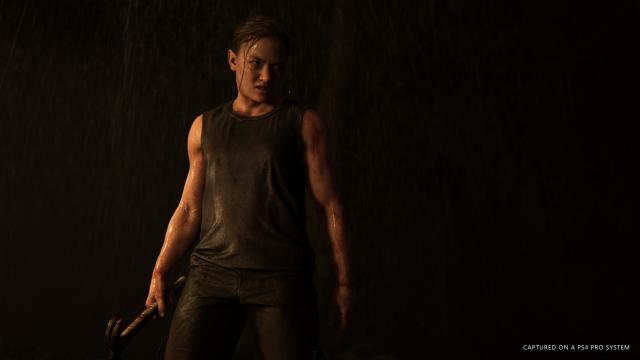
I'll freely admit I wasn't initially digging Abby's inclusion, hulking shoulders and all. Over time, I came away invested in her character arc. Outside of having the pre-requisite 'Save the Cat!' moments for audience sympathy, I appreciate the near-parallels she shares with Joel: a recalcitrant hardass whose newest 'family' member(s) instigate their road to personal redemption. It's also a bonus that Abby's kid/teenage companions are the rare side characters I enjoyed interacting with. How their traumatic tales and established beliefs challenge Abby's pre-conceived biases harmonizes with the story's themes.
I came away appreciating where the writers went with the three most integral characters. Seeing how Joel rubs off on Ellie during her most bloodthirsty moments for revenge, despite making rookie mistakes all the while, is the kind of difficult examination the story needed. The times Joel has with Ellie are like a kaleidoscope of warm and depressing colors; the messiness in both the present timeline and flashbacks are among its best moments. These considerations, along with Abby's growth and importance, lead to a conclusion I admire the more I mull it over. The best way to explain my incrementally growing appreciation would be this: what we may think is better for these characters isn't what's necessarily better for the grander story.
It should go without saying the story is bolstered by exceptional performances as well. Troy Baker, Ashley Johnson, and Laura Bailey give their all, and the supplementary cast isn’t that far behind. Reprising the composer role, Gustavo Santaolalla and co. have a pitch-perfect soundscape married to the tone and motivation of so many scenes. The performative qualities for the story are practically a given with this studio, so this is more of a validation of what practically everyone already knows.
Ah, but with all this positive momentum it's time to [CUT TO BLACK] and focus on the negatives now.
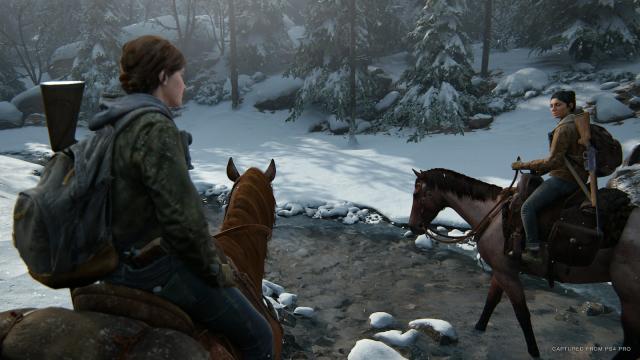
Part II may have the most exasperating videogame story structure since Beyond: Two Souls. What makes this so frustrating is just how unexpected it is from both the series' and writers' usual pedigree. It's one thing to discuss pacing & structural issues involving a writer who may as well be considered "French Neil Breen" at this point, it's another coming from someone who's consistently competent. The haphazard pacing and a missing sense of place during Chapter 1/Prologue makes it feel longer than it should; even after that, Seattle Day One (Ellie) is only casually interested in hitting the gas pedal.
As creative and interesting as Abby's storyline is, it also houses the most fundamental problems. There are flashbacks intermittently scattered between both leads. That's fine on its face, but the issue becomes more prominent when there are sporadic flashbacks within flashbacks slowing down the plot even more. I'm also not a fan of wasted narrative build-up. Having some of Abby's most critical hurdles resolve so inconsequentially felt like several wasted hours. The thematic buildup of humanizing 'foreign' groups becomes muddied in the final chapter as well.
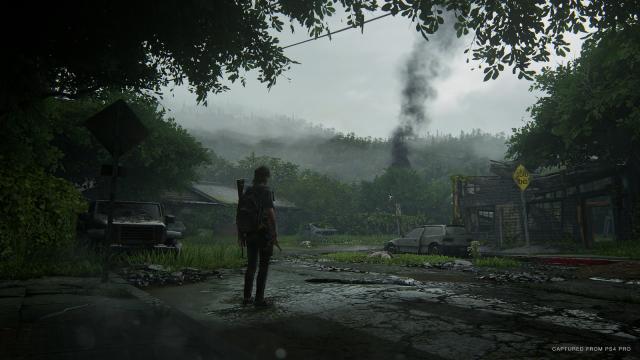
There are other general complaints I have when comparing it to its predecessor. The most prominent being the downgraded quality of the expanded cast and character dialogue. The first’s subdued approach to aspects like relationships or LGBT themes are often replaced with wince-inducing moments more fitting for a soap opera. Bloat extends to its cinematic affectations as well. Between this and Uncharted 4, it's annoying to think of the staggering increase in cutscenes along with belabored walking bits Naughty Dog seems content to put players through. Speaking as someone who typically enjoys hunting down supplementary story content, there were several points where its plodding structure became so tiresome. Finally, its approach on the cycle of violence was occasionally ham-fisted, especially with respect to visibly pregnant women and dogs. These moments feel so cloying in their finger-wagging towards the player, especially when compared to Spec Ops: The Line.
Part II is a strange narrative to examine. I'm with the creative, genuine intentions being explored in this revenge tale. The consequences of self-imposed retribution, the power of forgiveness, and the humanization of the 'other' group are all potent ideas explored in a way respecting the legacy that came before. Yet, I'm at a total loss as to why they thought this was the best approach. At times, it feels more like a confused collection of scenes still waiting for an editor to rearrange.
With the messy narrative considered, let's wind back the clock to discuss what’s between story beats: the ultra-violent gameplay.
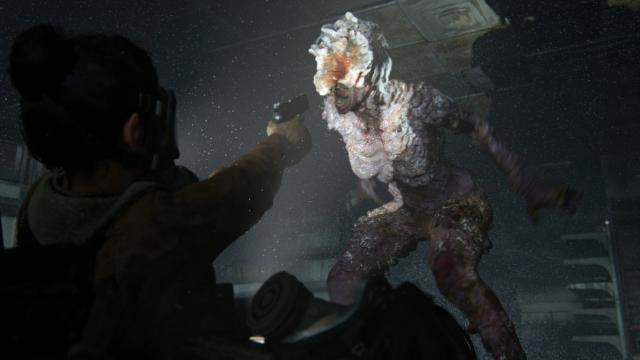
The Last of Us' template could be summed up as scavenger stealth-action: a confection of third-person shooting and action-adventuring of Uncharted mixed with streamlined survival-horror. While it didn't always nail the insanely-scripted E3 demo, the gameplay loop tied with its high production values always felt rewarding for me. Considering its chest-high cover and stealth emphasis, it also brought a great nuance to the fore: real-time crafting and inventory management. Today's technology enables this more easily, but this was a fundamental glue in making split-second action decisions feel like combat puzzles. It had a special ebb-n-flow that clicked so well on higher difficulties.
If you were on the precursor’s wavelength, Part II will impress with both its expansions and fixes— and maybe change some naysayers' minds too. The first notable difference is less about a singular mechanic and more about having a greater combat vocabulary. The ability to go prone, dodge, and jump (instead of clamber) means your opportunities for hiding and fighting are less constrained. Now, trimming enemy numbers can be done by crawling in tall grass or under military trunks, slinking through drywall gashes, swimming underwater, or attaining vertical advantages. Although some are better explored than others, these changes go a long way in making level design and AI feel more complex.
This complexity can be most appreciated during stealth. For one, the distracting THOMP THOMP noise of your companion's boots and their immersion-breaking moments of staying undetected when bumping into enemies has been pared down. They're much smarter in avoiding obvious detection (despite still being invisible to enemies in stealth mode) and helpful in getting out of jams. Enemy patrol patterns can feel tougher to pin down; they often keep their heads on a swivel, vocally give updates on their search, and investigate your best prone spots. I've noticed some hoopla about human enemies shouting their now-dead comrades’ names to make you feel a bit of remorse, but I found that addition believable for this atmosphere.
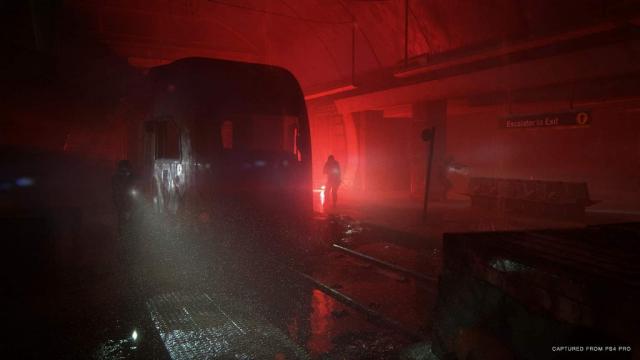
If there's one stealth issue that hasn't been upgraded it’s the mechanical simplicity. It is still one-dimensional with focus given to line-of-sight. Although sound mixing for stealth kills is quieter here, there are times enemies' selective hearing for tossed bricks and bottles breaks believability in twain compared to some of your actions. I'm also not a fan of Part II's 'grey area' for detection—having played and completed on Hard. Aside from the 'Scar' faction, the 'suspicious AI' stage is generally forgiving, and it's easy to exploit enemy herding (getting them just suspicious enough during another stealth kill to lure them over).
The action side succeeds at being a scavenger's power fantasy. The most distinct way comes from the gruesome animations, impressive visual fidelity, and impactful sound design. Part II is without question one of the most brutal shooters I've played. And it's not another splatterhouse in the vein of Gears of War's or DOOM's over-the-top violence. Molotovs and bombs are capable of clearing entire rooms of enemies, and their final desperate screams have this sickening texture to them that mirrors actual agony. There are dozens upon dozens of death animations and sound queues spanning from throat slashes to explosive arrows that provide an unflinching lens to this world’s brutality.
I felt uncomfortable relaying those descriptions in the previous paragraph so clinically, which I think is a success for Part II. Every shot taken by your protagonist intuitively makes you hate anyone who dares cross your path. You grit your teeth, aim for the head, and a successful hit results in blood and brain matter occupying whatever is behind your victim. You want to maneuver through the morass and dilapidated buildings of Seattle to use your arsenal against every faction, human or otherwise. For all the scripted heavy-handed moments scattered throughout, the moment-to-moment gameplay does a more consistent job of showcasing Ellie's thirst for revenge.

Mechanically, shooting and brawling feel more detailed and varied. Expanding upon Left Behind, the enemy vs. enemy vs. you scenarios feel more organic and provided some of my favorite gameplay moments. The heightened focus on verticality enables more potential in attacking & being attacked. The cycle of scavenging for supplies, on-the-fly crafting, and re-pursuing remaining enemies leads to harrowing instances of escaping with the last of your ammo and supplies. Admittedly, traits like default prone movement and more feel arbitrarily diminished so you have to invest in RPG-lite training manuals; then again, the exploration rewards in finding said manuals are always tantalizing and are typically accompanied with collectible notes that provide more backstory of someone's life after The Outbreak.
The one aspect to receive the least significant improvement is puzzle design. Ladders and moving Ellie on pallet rafts serve an expository purpose in the first, but they were rarely exciting breaks. Thankfully, those and dumpster-hauling have been diminished; rope-oriented conundrums take center stage this time around. Although simplistic, it's a step up since some introduce multiple ways to reach a new area. Besides those, safe-cracking requires little more effort than looking around the room or the room adjacent and inputting the combination. It's like Naughty Dog was worried having a moderately taxing puzzle would further disrupt the game's pacing.
There are several miscellaneous aspects I either liked or disliked. One nice positive is the supplementary guitar-playing mechanic where swiping the touchpad is like strumming guitar strings. Using the control stick and L1/R1 in tandem to hit different chords enables you to accurately play your own guitar solos. I also appreciated the similarities & differences between Ellie and Abby's arsenal: the former emphasizing a survivalist mentality whilst the latter a more militarized emphasis. A personal qualm I had was the de-fanging of Clickers since Ellie's butterfly knife leaves the predecessor's Shiv utility dynamic up to Abby's sections.
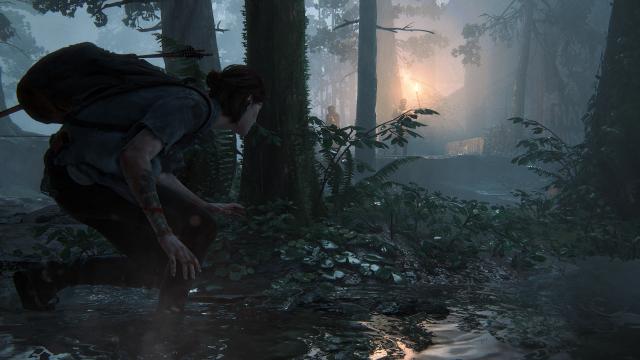
In sum, Part II's gameplay creates a harrowing routine. Areas feel more sprawling which leads to more organic engagements, the increased level of detail makes up-close encounters more visceral, the new Infected and other enemy types are refreshing challenges, fleshed-out enemy vs. enemy battles add a heightened level of dynamism and atmosphere, and the plethora of accessibility options are more dense than many PC games' graphical choices. There are issues to be raised across stealth, puzzles, occasional AI path-finding, and more, but the combat can really sing when the odds are stacked against you.
Value is an interesting dilemma when compared to the first game. Although Naughty Dog plans to release a multiplayer mode in the future, Part II decided to remain wholly focused on the campaign, a new game+ mode, and optional goodies to unlock, such as concept art and 3D character models. I can't help but feel this beefier 25-30 hour campaign was padded as a means to make up for that loss. When I assess this from a distance, I'm left embittered by Part II's languid pacing and overwrought exposition trudging us through as much background detail as possible.
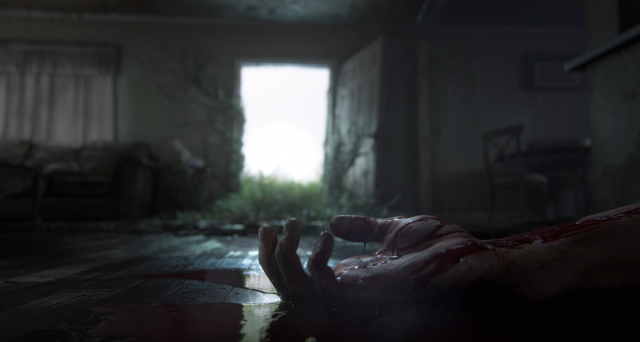
The Last of Us Part II is one of the most fascinating blockbusters of the year. It refashions its predecessor's templates, in narrative and gameplay, with greater complexity. But the dare is an uneven success. Naughty Dog has created another technical marvel that can be so easily appreciated during gameplay or cinematics, and is sure to take home end-of-year awards in that department. It's tougher to admire artistic elements, such as great actor's performances, when they're bogged down by such a frustrating narrative. It's a story trying to plunge into bleak territory and take cherished characters down creative avenues, but disrupts that endeavor with a disjointed structure, less-consistent side characters, inconsequential plot threads, lethargic pacing, and some sophomoric methods of addressing player violence. It's impossible to forget how annoying those issues are, but the net positives made me willing to forgive.
VGChartz Verdict
7
Good
This review is based on a digital copy of The Last of Us Part II for the PS4
More Articles
I appreciate that you didn't give the game a 10 by default just because it looks pretty. The balls.
A score of 10 should be reserved for once a decade per writer IMO.
Finished the game over the weekend and have been absorbing various perspectives on it since. Some criticisms have merit, others are ridiculous. I loved it over all, though. What it lost in the tightness of its story it made up for in the improvements to its gameplay. Girlfriend Reviews actually has my favorite take on it so far: https://youtu.be/bh5gzGs-63Y
I spent a lot of the night thinking about what, if anything, I should say here and honestly I'm inclined to not say anything because I doubt the general reaction will be positive. I'm kind of afraid to. I've also thought, "If I wait too long, my reply will be so far down the list nobody will see it anyway". I've also already supplied some of my at-length thoughts on the game on the forums, so figure there might not really be a need for me to 'review this review', if you will. Casting these issues aside though, I just can't resist saying something. First of all, I appreciate the work that went into the crafting of this review, so let that be said! However, I just disagree with some of its main conclusions and honestly find the proposals for what should've been different almost on the cartoonish side in the worst sense of the term. You (Lee) complain about the game's use of many cinema scenes and "walking" parts and also feel that the relationships in the game should've been more "subdued". What does that leave us with? Little but the violence, and maybe notes strewn about (and a built-in multiplayer mode in the alternate scenario you suggest should've been). Personally, I appreciated the game's quieter moments the most. For me, those moments provided a very welcome break from the gore-fest and supplied me with actual reasons to care about these characters and what happened to them. I lived from story bit to story bit, from dialogue to note to cinema scene. You also seem to suggest that the story's developments should've been relayed in strict chronological order of occurrence. I just don't see how that would've been as effective. It's like you want TLOU2 to be a more generic action game than it is and it disappoints you that instead it's something more.
Hey, don't worry I at least read what you wrote :-) I am on the same boat. Most criticism of TloU2 seems to boil down to 2 major arguments: 1. It's not the first game and they did something different. 2. It's not the game I imagined it will be, pronto, so by default it's not something that is worthy my time. Now, there is nothing wrong with different opinions, and this review is very well structured, and written, one of the reason why I tend to read local reviews as of late (local, as on VGC :-D ). BUT I do have a feeling that impressions like these would have popped-up no matter what ND would have made, simply because the bar was set so high and expectations became so incredible, that delivering to all of them was nigh impossible, and they had to choose what they wanted to tell.
Still, this is my opinion, and I have to say, on a personal level, for me this game is pretty much the GOTY and doubt that anything will come even close to it. I am also glad that the critical consensus was on their side, as I really wish that we will get more experiences like this in the future. Is the game perfect? No, it's not. Is this game as good as it gets... well yeah, and honestly there are few games that can objectively stack up to it's level. Time will tell how will we look back on the game in 10 years or so, but one thing I can guarantee, we will look back on it even in 20.
I really don't think that we are at the point on VGC where some negative pushback will derail any meaningful discussions about any game, yet (though this game most definitely pushed some boundaries with the community, myself included) :-) I also hope that my mostly short responses don’t come off as smug, or god forbid harassing, so I do apologize if it came off like that.
Regarding the slow, walking sections that these games have, I personally like them. Sure they do not age well, but they are mostly nice distractions that take an alternative, sometimes more emotional and experimental interactive approach to storytelling and character development, than a cut scene. For gameplay purists, this might be a nightmare, and I understand that. They might also feel like they bloat the overall game, a game whose structure and coherence is already under a question mark. But again, I can only take these elements as positive aspects of the game and contrast perfectly with the tenser scenes, like the rat king encounter.
Is it a perfect approach? No. Do I like them in the context of the current game? Yes. Do they always hit their intentions out of the park? Absolutely not! Would the game be lesser without them? Absolutely. Could they be retooled? Probably yes, but then we are going into a discussion about artistic freedom and how much influence should a fan base have on the final product. I am not a huge fan of that. In an age where most steam games are built on community feedback, I am more than happy to see certain developers trying their own, even if the end product is not quite perfect, or even far from it.
For example, I felt that the old lady mansion in UC4 was pretty entertaining and a good half hour where no tense action was happening. As a huge fan of “walking simulators” I really do like how you get a small glimpse into the world/story/character without any meaningful impact. These sections and how developers handle them remind me of QTE’s. At first they used it all the time, in a horrible way, and today they are mostly refined, well-executed, and entertaining. I do hope that scenes like these are here to stay and more developers will be willing to try their hands with them. That way we might reach a point where the execution will be flawless or close to it.
Yes, they might affect pacing in general. The part where the Abby section starts feels a bit like a brick wall, that manages to quickly turn around and become the arguably better part of the game at a later stage. And I do agree that the last 2 hours feel more like a “Left Behind”-like section that should have been added later on as a separate experience. But these flaws did not impact my gaming experience in a negative-enough way. What I came away with was a striking, mature and bold move onto the body-horror territory that thus far the movie-industry dominated, and the gaming industry only managed to achieve on a creature-feature like level. The French new-wave should take notice, as there is a new medium in town. :-)
This turned out to be longer than I intended, sorry )) As a closing idea, just want to say that even though I was hyped for the game, I guess I always managed to keep in mind the fact that it’s simply that, a game, and this late into a generation it will probably not re-write the rules. I guess 25+ years of gaming and several dozen of let-downs does that to a person. :-D
I think things are okay so far on the main forums, but they're definitely not on my Facebook wall, and I also just feel demoralized by lots of down-votes that are optional here in this kind of setting. ANYWAY, back to the game! I'm not sure I understand everything that you (Lee) are saying in the reply above, but I do thank you for the follow-up and I do get what you're saying about the repetitiousness of the game's message about unforgiveness and vengeance I suppose and desiring a more streamlined approach to the narrative, though I never got tired of it myself. There were a few developments that I felt were excessively melodramatic even for this game's world, but nothing that significantly lessened my interest in where the narrative was going. In short, I didn't get particularly tired of the world-building that the game takes the time to do, and the notes were kinda the most boring part of that for me, although I appreciated their inclusion as their would be that much less emotional weight here without them. It probably also helps that I'm also someone who LOVES many so-called walking sims just because I enjoy discovery and narrative for their own sakes and don't like always feeling stressed all the time. I needed moments to catch a breather and stuff like the farmhouse and the museum were just an absolute delight for me; best parts of the game! Maybe I'm easy to please (though I really don't think so) or maybe instead it's that I've been gaming forever now and get tired of the fact that games overwhelmingly lean so heavily on un-lifelike action stuff that sometimes I just want there to be something different. I loved the old lady's mansion in Uncharted 4! It's not boring to me.
Bottom line: I just never got tired of playing this game. I never wanted to put it down. I was almost half an hour late for work one day because I lost track of the time playing it in fact. :-D I couldn't wait to see what happened next, ESPECIALLY when the game cut to a scenario I didn't see coming. I didn't want the game to be more predictable.
No worries about the delay, I get it completely. Anyway, to the substance...whoa! We are definitely gonna to have to disagree then. I perceived things almost the opposite way: stuff like the aquarium were my favorite aspects of Abby's act and the stuff that sometimes felt a bit more like a chore was like having to fight off a sometimes arbitrarily-placed collection of infected. When I was at the aquarium, I wanted to keep playing. When I was just going through some more infected and found myself low on time, I thought to myself "You know what, I can save here. This can wait." It's not that I didn't find those encounters suspenseful, but that they didn't propel me forward quite the same way that learning something new about Abby and Owen and just the backstory of this world did. I think we've reached the place where we simply have a difference of opinion.
P.S. I really think this review gives far too much weight to the story, when considering the score. I feel like two points were deducted due to the story, and one point for all the other criticisms combined. Trying to hold games to the same narrative standards as books/movies/T.V., and then judging those games mostly on their story not being A+ material is silly. Games are far more than their story, comprising of gameplay, music, controls, etc. Not to mention games will almost always have their story hamstrung by gameplay. A good story by movie/T.V./Book standards will always be considered great by video game standards. This review reads like a food critic that focused on the restaurant decor, and not the food.
The meaning of A+ material won't help here. I was using hyperbole. Kinda like the phrase "Jimmy got an A on his math test, but he's no rocket scientist!" The focus here shouldn't be on the meaning of A+ material, or rocket scientist. The focus should be on the hyperbole used to get the point across. The point being, that a game can have a very weak, story and still be a great game, while a movie or book cannot have a weak story and be a great movie or book.
Naughty Dog has been more about combining the stealth, platforming, cover based shooting, and hack n' slash elements of other genres into a seamless experience, than they have been about story. Also setpieces. Giant, ridiculous setpieces. Uncharted 2! Now, I'm not saying that story isn't also something they've been known for. I'm just saying that it's definitely not the be all and end all focus of their games. Naughty Dog isn't Quantic Dream here.
Obligated to ignore the balance between gameplay and story? Is that what you mean? Because, I feel like that's exactly what you just did. I feel like you ignored the balance between gameplay, and story. If you review Metroid Prime, are you going to complain that 90% of the story is contained in scannable flavortext? Or are you going to realize that it's a video game, and this was probably the best way to deliver the story for the MP developers?
"This is where I was 100% onboard with TLOU and Left Behind, but never to the same extent with Part II." - I agree with that. TLoU is considered a masterpiece, because it's one of the few games that has both fantastic story, and fantastic gameplay. To boot the interactivity just adds to it overall. On the flipside I feel like TLoU2 is a great game, but not the 9.5 or 10/10 masterpiece that a lot of critics would have you believe.
What would qualify as A+ material? Empire Strikes Back, Return of the Jedi, Jurassic Park, Game of Thrones Seasons 1-4, Dragon Quest 11, Astonishing X-Men (Whedon run), Uncanny X-Force (Remender run), Thor or Wolverine by Jason Aaron, New 52 Animal Man. Sorry for not having any actual books. I'm more of a non-fiction reader.
What would be a good example of a good surrealist film or book? And if you say David Lynch, I'm gonna slap you!
Well the story parts of TLoU2 are about 5-7 hours, with a large chunk of them skippable. To complete the game takes around 20 hours. Depending on whether you do a second playthrough that's 1/3rd to 1/5th of gametime dedicated to story. The issue isn't whether one individual subjectively latches onto the story, while another subjectively latches onto the gameplay. The issue is what actually makes up the bulk of the 20-36 hour experience. And that is the gameplay.
Can you elaborate on the phrase Context Dependent? What is the question I answered? I'm sorry, but could you restate that entire paragraph in different terms? It comes off as overly vague.
I've seen so many reviewers criticizing games on their stealth elements, however, I can't think of a single game that does stealth perfectly. It's like reviewers want to criticize a game for not being as good as some non-existant stealth game they have in their heads. While not perfect, I felt the stealth elements are far better than those in other games. They definitely moved the bar higher, when it comes to stealth gameplay here.
I agree that the pacing in some parts has problems. Especially in Jackson on your second playthrough. Walking slowly along the side of a road to hear characters do lengthy narrative exposition is really annoying. God of War handled this so well, by having characters do exposition mostly when you were in the boat traveling to a new location. The best part is that Mimir and Boy, would both shut up as soon as Kratos landed the boat. They'd save their story for another time. I really hope more games take on that approach to storytelling. On the flip side, TLoU2 forces you to go through all those flashback moments, and walking simulator moments. It was fine the first time around, since I wanted to hear the story. On the second playthrough though, these areas acted like unskippable cutscenes, annoying me.
Outside of those gameplay interrupting pacing issues the story was fine structurally. Part of the genius of this game's narrative is having gone through almost all of the first character's story, and actions, so that you know what to expect for the second character to discover. This leads the player to know exactly what Abby will eventually come home to, and the anticipation of that moment was palpable! This leads to what I feel is the climax of the story, where the two main characters finally reunite, in hatred and vengeance. After this climax though, we get this sort of weird resolution in a whole new locale, that kind of feels tacked on.
One thing I really didn't like about the game was all the "impassable bushes". From afar it always looked like you could go through these bushes, so I kept running around them fumbling to find the edges of the levels. Add in all those sections where a cutscene triggers, stopping your exploration of an area, and barring you from going back. These sudden gatekeeper moments really hampered the exploration aspect of the game.
Overall though I'd give it an 8.5. I thought it was a great game, but not the masterpiece that some critics have hailed it as.
So it's a bad stealth game because different enemies behave in different ways? Yes, Clickers and Shamblers are blind, so the flashlight is meaningless to them. Of course Runners are dumb, and don't have very good alert states. Why should low level Zombies be good at stealth detection? Of course Dogs and Clickers can hear better than humans. Few stealth series actually let you hide bodies, and I don't think it would add much to TLoU series. Based on the way levels are layed out you'd almost never be able to effectively drag a body away. And based on the amount of blood that oozes out of every enemy, you'd be leaving behind a trail for any half decent AI to follow. In a post apocalyptic world, I think it makes sense for human enemies to quickly go from suspicious to high alert status. You're talking about a much deadlier world than that of Splinter Cell.
I agree that we were never meant to become attached to Abby's friends that went to Jackson with her. But since we have knowledge of what's going to happen to them, the game isn't aiming for us to care about them specifically. It's aiming for us to care that Abby cares.
I'm not so much jumping at shadows as much as struggling to understand your meaning. Your writing style is overly wordy, and ambiguous at times.
I'm glad you answered my question about what Stealth game TLoU2 falls short of. Now I understand where you are coming from. You are right. TLoU2 doesn't have stealth as good as early Thief or Splinter Cell games. But I still think that considering TLoU is much more than a stealth series, that your criticism here is undeserved. I mean, I could criticize the melee combat in TLoU2, by complaining that it's not as complex as Sekiro. But that would be silly, since Sekiro is extremely focused on in your face melee combat, while TLoU2 is not.
I see a lot of reviewers, and youtubers complaining that this game or that game doesn't have the best stealth. I was always wondering what imaginary stealth game they were comparing it to. But having played Chaos Theory, I finally understand where they are coming from. I just needed a reminder, since I haven't played that game in 16 years.
So I'll change my criticism of you and those other reviewers to "You expect a game WITH stealth to have as good stealth mechanics as a game that was focused almost ENTIRELY on stealth?"
I'll throw in that I thought Chaos Theory was unrealistically difficult. If I vaulted over an object in TLoU2, and an enemy heard it and turned around, I'd put the controller down.
Lol a 7? Even if you don't like the story, its a video game and should be reviewed as such. The gameplay and graphics alone make it stand out quite a bit over anything I played this gen so far. Personally I loved the story and thought it was extremely well told, but I do get that some would prefer the story of part 1, though. Still, did anyone give Gears 5 terrible reviews because the story sucked?
Well, that is true, ND did get trapped by their own successes, and they are at a point where if they don't score perfectly, many will notice. I much rather have them try a new style and deliver something that is thematically more experimental, like this game, but I am more lenient and liberal in general when it comes to storytelling. I can consume anything from Lynch to Bay if I know the context.
About Gears and it's storyline... I wouldn't really get into discussing it as there is no point to do it here, but I do mostly agree with goopy20 in sentiment.
On the comment of graphics, I think in terms of pointage graphics should be weighted to almost nothing. As long as a game looks relatively good for the hardware its on with no major hiccups or game breaking issues, great textures or graphical fidelity only go so far. Soundtrack weight on the other hand seems to be completely thrown under the bus these days, which is really unfortunate considering music is so much more timeless in nature to graphical proficiency and can provide so many more deeper and affecting emotions to what you're playing.
Great review, Lee.
Welcome to the minority. Thank you for being objective about the review.
Spoilers in follow-up comment...
SPOILERS
Ellie not killing Abby at the end is incredibly stupid. After all the killing, you stop at the very end!? ND needs to make it an option in the future. Seriously, it would be advisable for Ellie to kill Abby, Abby's mindset could very much be "this Ellie person could still come after us again in the future. I need to kill Ellie before she can try to kill me or Lev again".
And then there's Ellie getting her fingers bitten off: did we really need to see Ellie unable to play the guitar? Her being able to play the guitar was never the point. We can see that Ellie has lost everything: the empty house and Joel being dead is enough. The inability to play the guitar was way too heavy-handed. I could almost hear the writers asking me "do you get it? Ellie lost everything!" Would have much preferred Ellie keep her fingers at the end but also actively leave the guitar behind as she left the empty house.
"I have to disagree. I think having the choice would rob the story of its intentions"
What intentions? The messaging that revenge is bad? I disagree: Ellie would still be without a Joel or Dina if she had drowned Abby. The messaging would have come across more clearly: Ellie achieved her revenge but still lost so much in attaining it.
Unfortunate that the option is not given. Judging by all the people who throw Abby off a cliff or allow Ellie to kill her, it would have satisfied many to see Abby die at the end. I say give the people what they want!
Joel killed a bunch of no-names, Abby killed the beloved character of Joel. The choice is pretty clear.
What I'd really like to see is an open world game with all of TLoU's gameplay elements, and far less story focus. Let me explore, snipe, and survive to my heart's content! I don't need a story! I'll make my own, through my daily adventuring and discovery of the post-apocalyptic world!
Great review keep up the good work. At the end of the day the game IS good.... Not great
speak for your self. Its a 10/10 for me.
I am speaking for myself, and the reviewer is speaking for theirs.
“7”
VGC gotta get those points for pandering to incel cucks and Xbox fanboys I see.
Marrying story and gameplay has always been a huge hurdle in game development. Videogame story writers are often handicapped by the gameplay, or the gameplay is severely handicapped by the story. I mean, how many times have you beat a boss, only to lose in the cutscene, because the story demanded it?








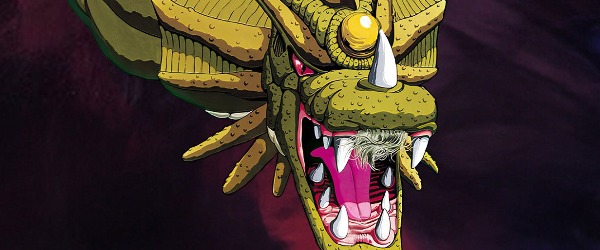
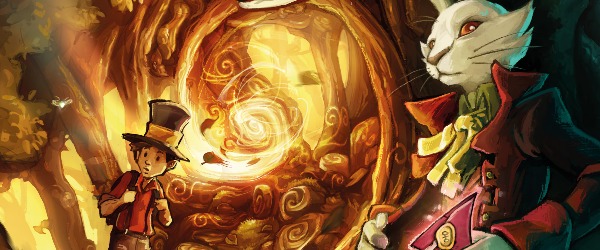
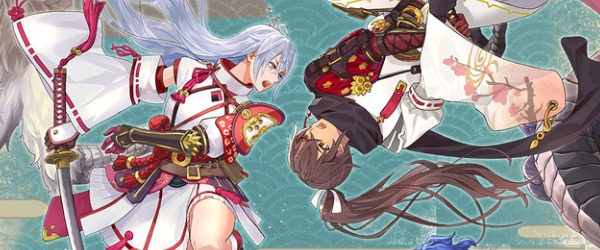
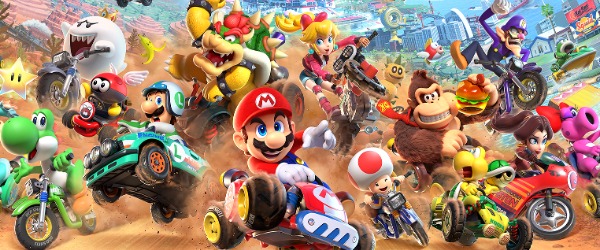












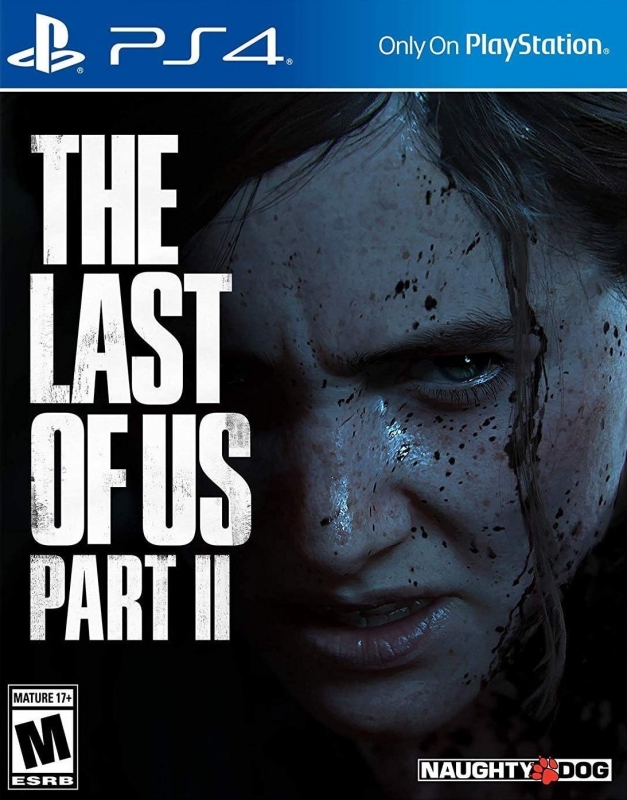

 Essay Pro
Essay Pro